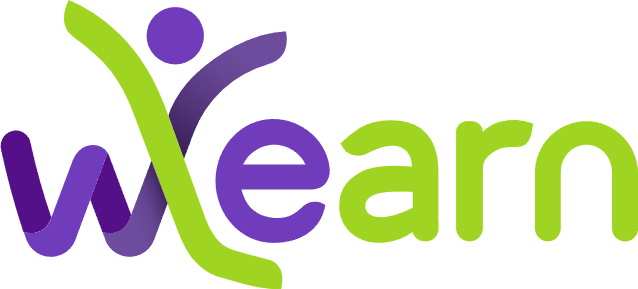PBL Storytelling - From Script to Screen (Secondary)
Class
n this project-based learning unit, learners will learn the art of storytelling and how to bring their stories to life through various mediums such as film, music, animation, and games. The unit is divided into eight modules, with each module focusing on a different aspect of storytelling. Learners will work either individually or in groups to develop their own stories and create final products and performances. The topic of inquiry is completely up to the interests and passions of the learner, and the final products are also down to the learners, with choices from film, animation, and video game design. The products can also be varied, from drama to documentary, to informational media. The possibilities really are endless, and allow the learners to explore their most creative talents! Furthermore, learners will harness the power of Artificial Intelligence in order to enhance productivity and efficiency. Last but not least, the learners will engage in publicity and media campaigns, partnering with industry leaders to bring their creations to a wide audience. In this way, learners will also attain real-world experience, and develop both project management and entrepreneurial competencies which are essential for the future.
Here is the class outline:
1. The Art of StorytellingIn this module, learners will explore the elements of a compelling story and the techniques used to effectively engage an audience through storytelling. They will develop an understanding of the importance of character development, plot, setting, and dialogue, and practice incorporating these elements into their own stories. |
2. ScriptwritingIn this module, learners will learn the fundamentals of scriptwriting. They will explore the different types of scripts and formats used in various mediums such as film, TV, and theatre. Learners will have the opportunity to create their own scripts and receive feedback on their work. |
3. ActingIn this module, learners will develop their acting skills and techniques. This module includes various learning activities that aim to improve learners' vocal and physical performance, character development, scene study, improvisation, blocking and staging, and film acting skills. |
4. Film ProductionIn this module, learners will learn the fundamental skills of film production, including cinematography, lighting, and editing. They will apply these skills to create a short film, practicing the art of visual storytelling. |
5. Music Score CreationIn this module, learners will learn about the role of music in storytelling and explore how music can evoke emotions and enhance the audience's experience. Learners will work on creating their own music scores for a short film. |
6. Animation and CGIIn this module, learners will learn about animation and computer-generated imagery (CGI) and how to use them to bring their stories to life. They will explore different animation techniques and software, such as 2D and 3D animation, stop motion, and rotoscoping. Learners will practice creating their own animations using online animation tools. |
7. Game DesignIn this module, learners will learn about game design and how to use it to create interactive storytelling experiences. They will explore different game genres and mechanics, such as puzzles, platformers, and role-playing games (RPGs). Learners will practice designing their own games using online game design tools. |
8. Publicity and MediaIn this module, learners will learn about publicity and media and how to promote their stories. They will explore different publicity techniques, such as press releases, social media, and trailers. Learners will practice creating their own publicity materials and presenting their stories to a wider audience. |




